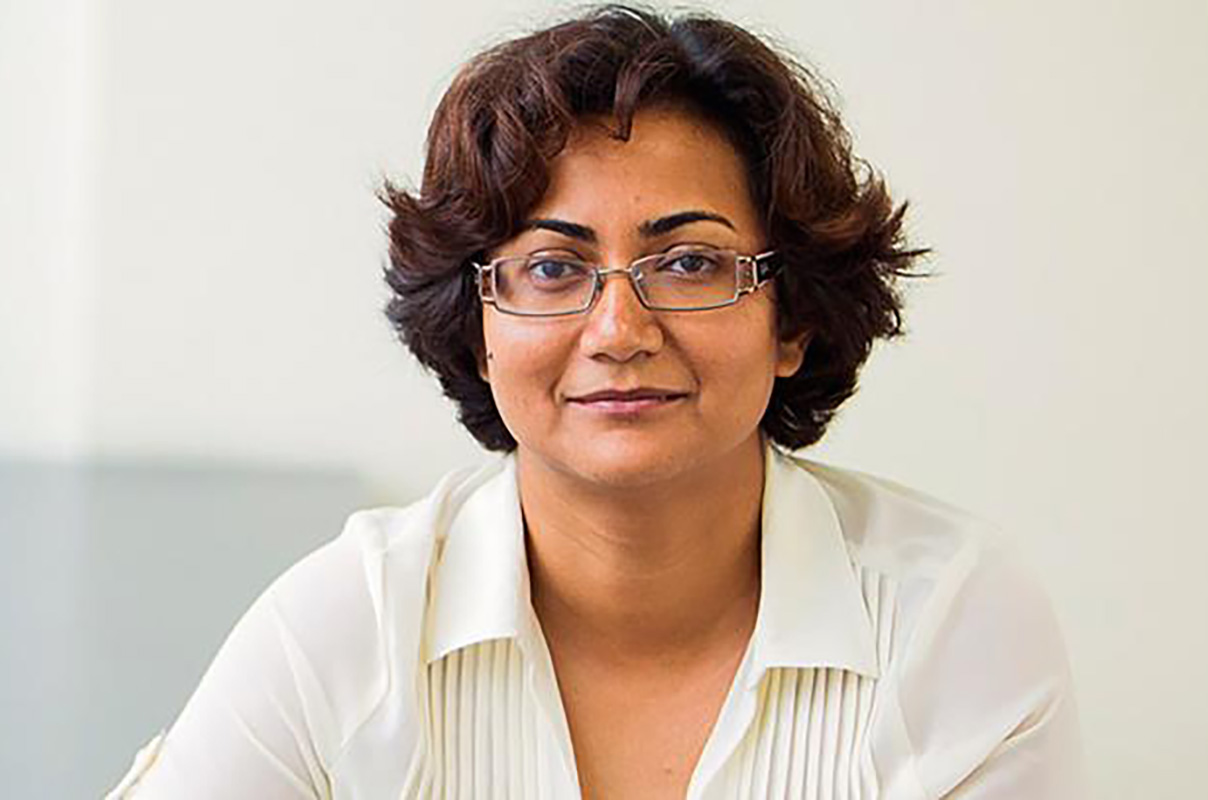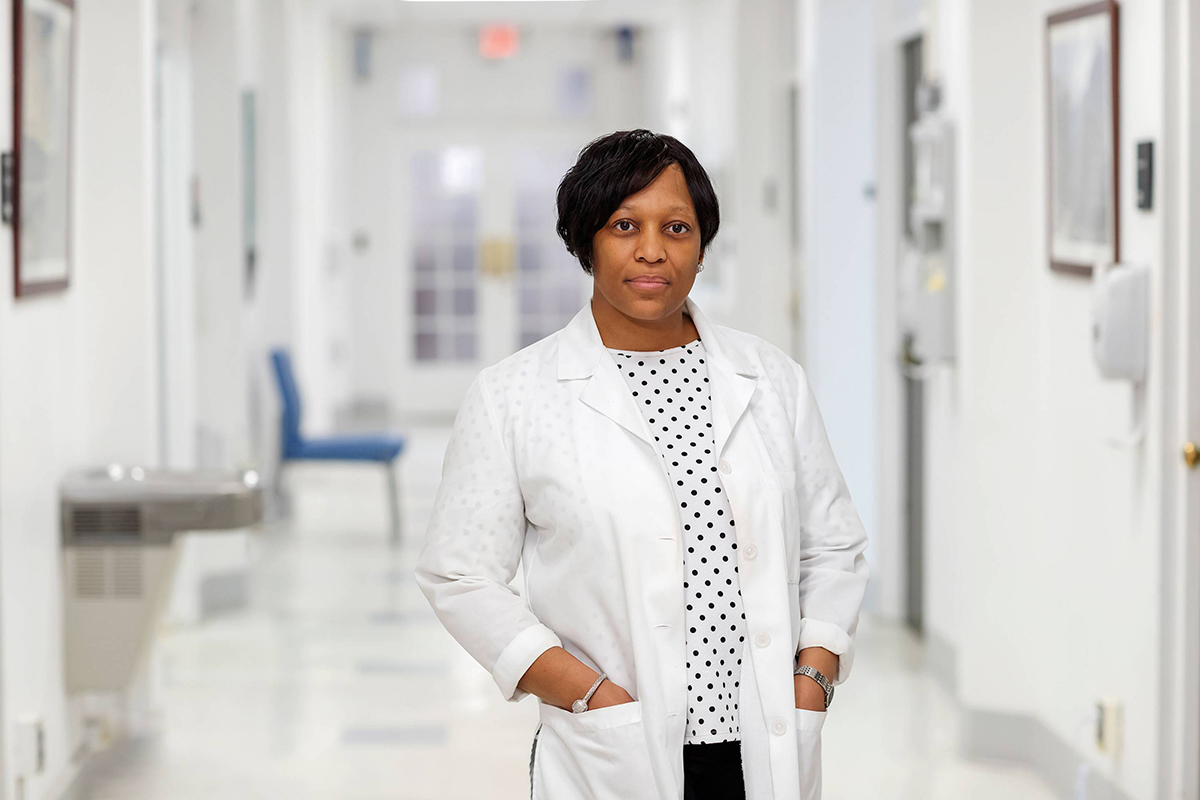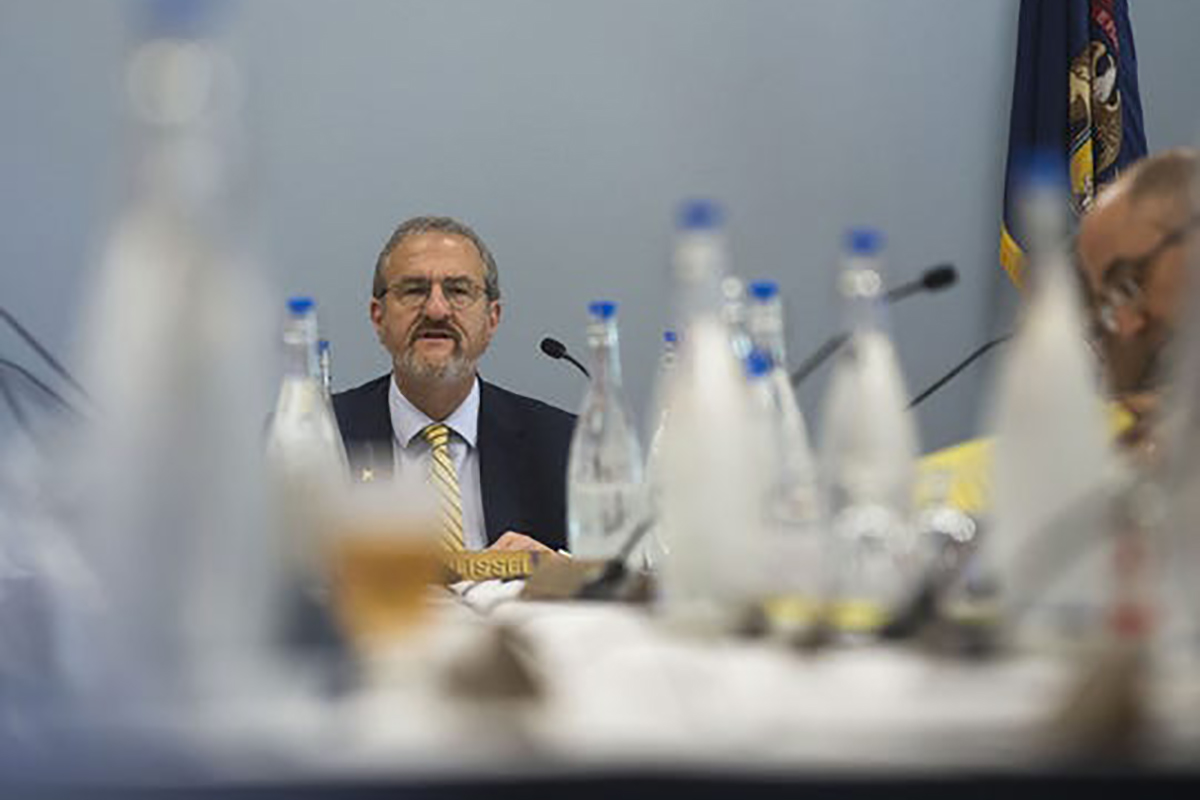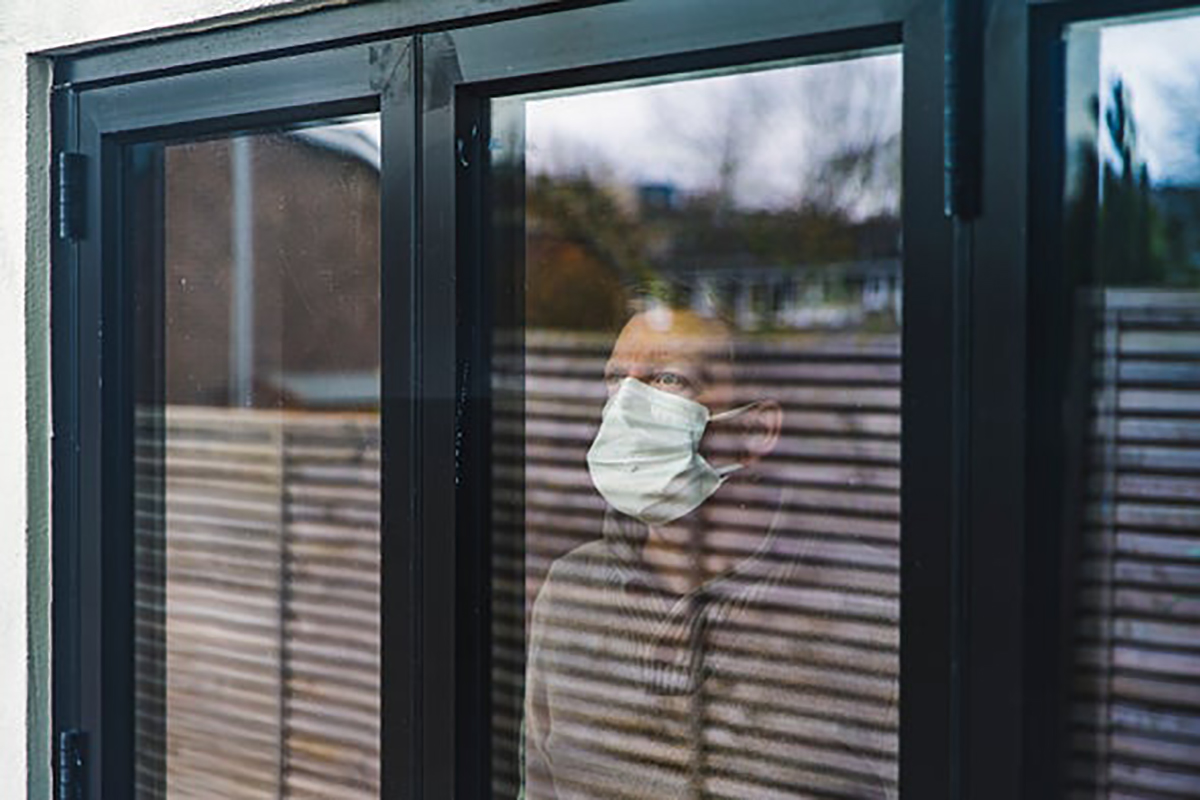
Although she lives in Sydney, Australia, Arpita Chatterjee *10 watched in distress at the reports of the coronavirus pandemic in her native India. Partnering with a friend in Belgium, one in California, and another in Arkansas, the four began Save Our Saviours, an international effort to supply personal protective equipment (PPE) to public hospitals in the Indian state of West Bengal.
Chatterjee, whose parents and extended family live in West Bengal’s Kolkata, knew that hospital staffs in the region would face enormous difficulties. She grew up in Kolkata, in a neighborhood very close to a major public hospital. She had visited it for emergency injuries, most recently in 2018.
“I have always seen the corridors and every conceivable space in the hospital overflowing with patients,” she said. “In March, when there was international news of COVID patients being treated in corridors of Italian hospitals, I trembled at the thought of what might happen in public hospitals in Bengal and India, where treating patients in corridors is really an everyday phenomenon.”
That was the initial trigger for the senior lecturer at the University of New South Wales, as she and her friends from undergraduate and graduate days sent WhatsApp messages around the globe to rally help. Their networking expanded beyond the core group and, through a friend of Chatterjee’s best friend’s brother, to two Rotary International clubs.
Rotary is a worldwide nonprofit organization of professionals who engage in humanitarian service projects, and working with the Rotary Club of Belur in the Indian state of West Bengal, in partnership with the Rotary Club of Singapore, allowed Save Our Saviours to apply for a matching funds global grant of $25,000 from Rotary International.
Save Our Saviours has tallied $15,000 in two weeks, Chatterjee said. The plan is to use those funds to supply local hospitals with at least 5,000 PPE kits. Meanwhile, the group is “constantly approaching larger organizations, alumni organizations, Bengali associations, other clubs and possibly grants foundations so that we can raise money for ventilators.” According to Chatterjee, the lack of life-saving equipment is “scary”: there are only 392 ventilators in the public hospitals (where COVID patients are being treated for free) for the 90 million-plus population.
The first thing the Princeton economics Ph.D. checks every morning is the West Bengal health department bulletin. She follows the news from several local, national and international media outlets and talks with her extended family in Kolkata every day. And she networks with a WhatsApp group of almost 150 alumni from various schools and colleges in Kolkata, discussing problems and brainstorming possible solutions.
Although worlds apart, West Bengal and Princeton have a connection, Chatterjee said: the state of West Bengal has the largest natural habitat of Bengal tigers. She hopes that connection will strengthen support for Save Our Saviours.
Connect with Save Our Saviours through its website, Facebook or Twitter.




